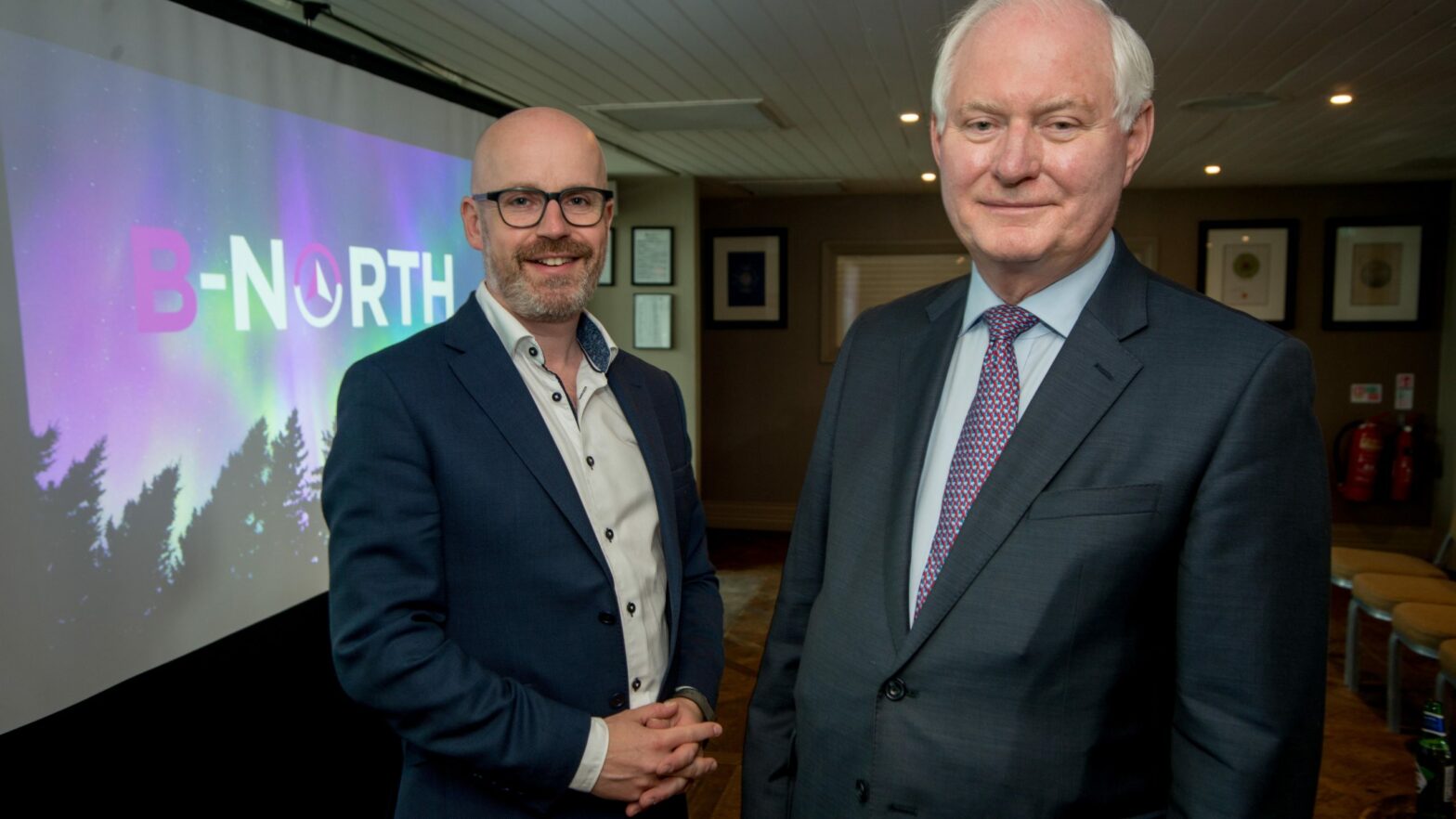B-North, the Manchester-based small business lender, plans to lend over £1bn to small businesses within its first four years.
The lender, which hopes to secure a provisional banking licence within weeks, will rebrand as Bank North once the licence comes through.
Initially, B-North aims to lend about £50m as its systems are tested under the scrutiny of the banking regulator.
Filling the gap
B-North sees itself as filling the gap for small business lending as the Big Four banks – Barclays, HSBC, Lloyds, NatWest – have centralised lending decisions, concentrating on large firms, making it difficult for them to get into the intricacies of each small business.
At first, B-North will offer secured loans of between £500,000 and £5 million.
The service plans to start in Manchester but eventually it expects to have eight regional “lending pods”, each effectively a small bank on its own.
Its founders include Jonathan Thompson, a former Santander banker who will be its chief executive, and chairman Ron Emerson, who was founding chairman of the British Business Bank.
B-North says that it will offer the fast, technology-driven credit decisions of a fintech — it claims that it will be up to 10 times faster than a traditional bank — along with a personalised service long since abandoned by high street incumbents.
It will take a decentralised approach, giving regional relationship managers, underwriters and valuers latitude when making lending decisions.
Last year, B-North told Small Business that it envisaged 70 per cent of its loan referrals coming through financial brokers, with the other 30 per cent coming through branch walk-ins.
Once its banking licence is approved, B-North plans to offer fixed-term bonds to private investors to raise capital. As a dedicated SME lander, B-North’s capital base has to be triple of what’s required for a high-street incumbent.
“If you ask a bank for a deal, it will take three to four months and it could be a ‘no’ and you have to start again,” Mr Emerson told The Times. “I’m not sure how they fix that. It’s a product of legacy structures, both of systems and physical structures.”
“The risk analysis [in credit decisions] has to be around knowing the players. You’ve got to look [borrowers] in the eye and ask, ‘Do they have the skill-set to take it to the next level?’”







